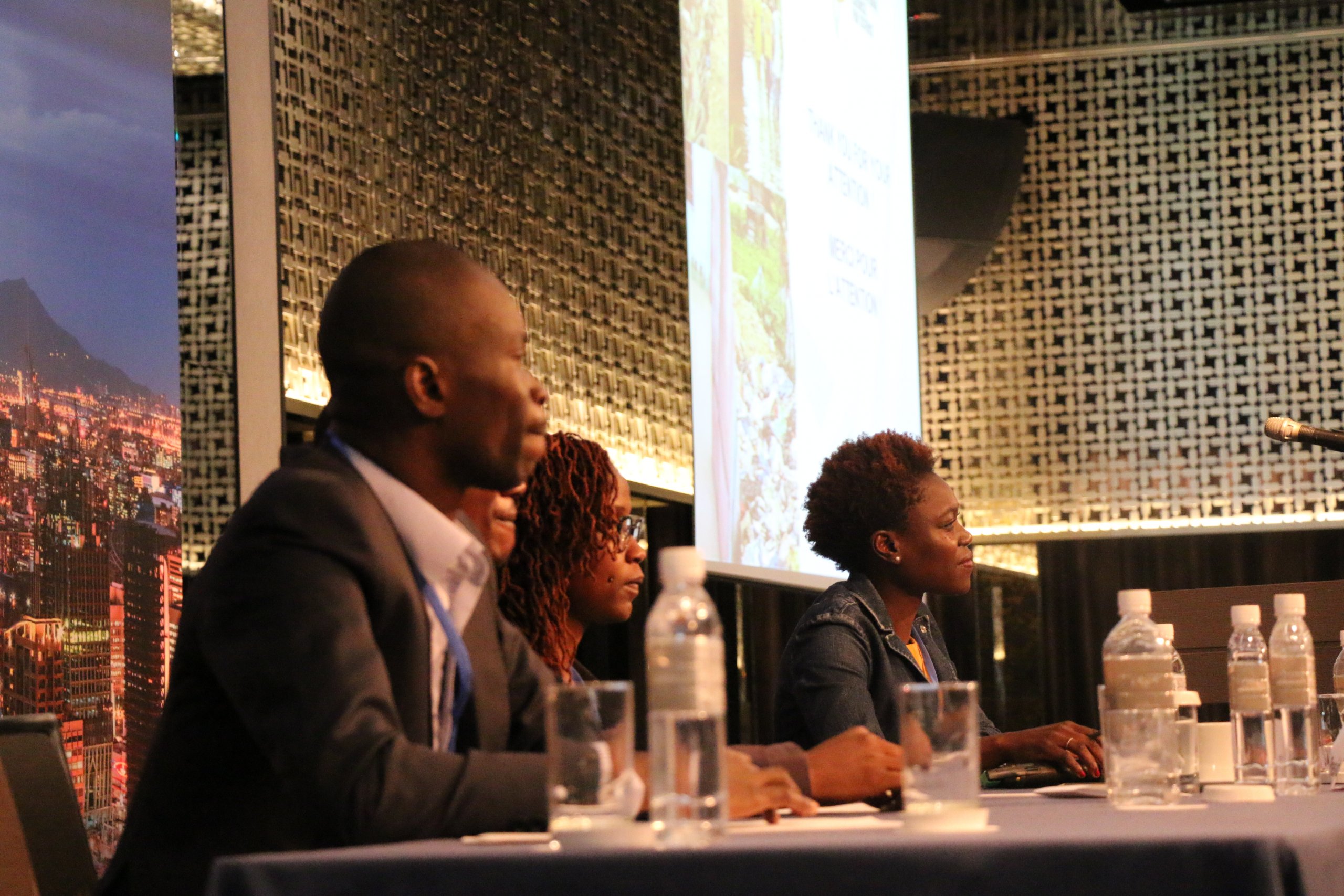Some 230 representatives of ICSU’s global membership of scientific academies and unions representing 55 countries gathered in Taipei this week for the tri-annual 32nd General Assembly.

The meeting was opened by ICSU President Gordon McBean, who highlighted the unique ability of the ICSU membership to “bring together the strengths and wisdom of national scientific bodies and unions of scientists.” It covered issues ranging from strategy and statutory issues to discussion on the possible merger with the International Social Science Council (ISSC).
Commenting on the merger process, which will be the subject of a two-day meeting October 25-26 that will culminate with a decisive vote from both memberships, McBean said: “The international setting within which science is done, and the demands for it to contribute more directly to human well-being, have changed in ways that need greater integration of understanding across different domains of science as represented by the two Councils.”
In opening remarks, James Liao, President of the Academy of Sciences located in Taipei and host of the meeting, said: “ICSU is a community that puts science to work for the benefit of society.”
Erlinda Handal Vega, Vice Minister of Science and Technology from El Salvador, noted that science and technology policies in the Latin American region are aimed towards meeting the Sustainable Development Goals. She highlighted the importance of alliances and partnerships as being essential to reaching the country’s science and technology goals.
Before the official opening of the General Assembly, Unions and National Members met for half a day to discuss key concerns and recommendations related to the merger. From the Unions, these included requests for clarification on dues in a future, merged organization, strengthened participation of Unions in flagship programmes, recommendations to increase the proposed size and length of terms of the various governance structures in a merged organization and discussion on a possible new initiative on data integration led by the ICSU interdisciplinary body CODATA.
The National Members’ fora recommended organising a workshop to develop an approach that can combine and augment the unique strengths of the different regional structures in ICSU and the ISSC. Questions emerged about membership categories, in particular for national members in cases where there are several entities from one country. Participants agreed that it was important to favour inclusiveness and acknowledge special cases. Members also discussed proposals for a new name for a merged organization, and debate focused on the merits of referring to “sciences” as opposed to “science”.
These questions fed into a dedicated session on the first day of the meeting to prepare for the Joint Meeting with the ISSC later in the week. The General Assembly also featured a series of reports on regional, programmatic, policy, funding and governance activities, as well as projects funded by the ICSU grants programme.
The “Leading Integrated Research for Agenda 2030 in Africa” (LIRA2030) initiative on strengthening research capacity for sustainability in Africa session included presentations from several grantees. In a panel discussion, they noted that the trans-disciplinary approach is relatively new in Africa and described some of the challenges they faced in designing and leading their projects.
Ambole Lorraine Apollo from the University of Nairobi, Kenya, said that the ability to listen, provide leadership, be flexible and adaptable were key attributes for the success of such projects.
The International Federation of Societies for Microscopy became a Full Scientific Union Member, bringing the total number of Union members to 31.
Documentation for the General Assembly is available here. Background information and documentation on the merger process is here.
Photos of the event are available here.